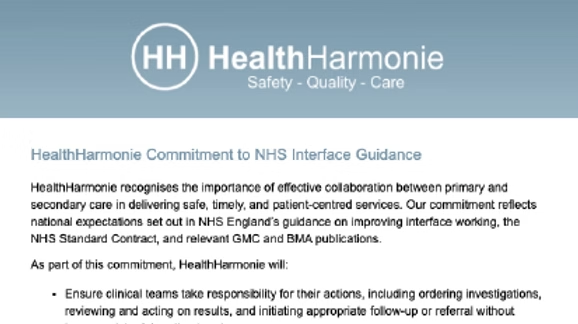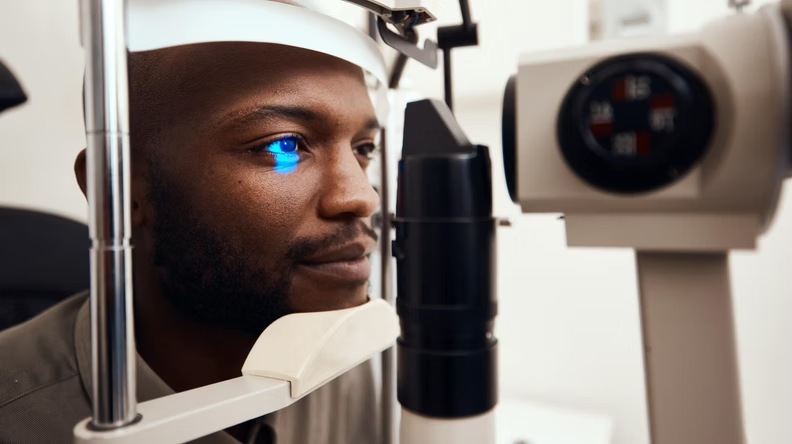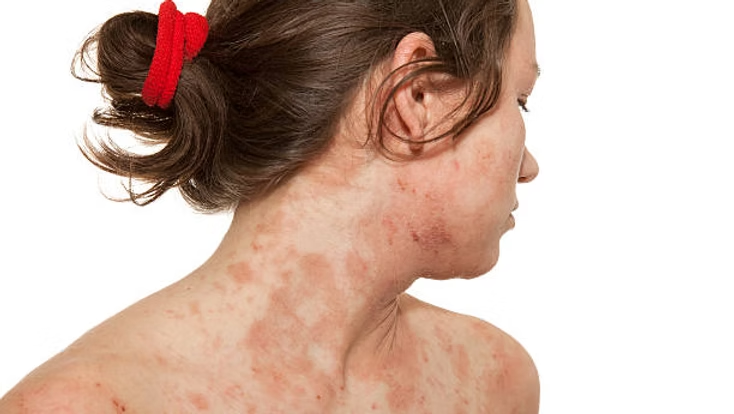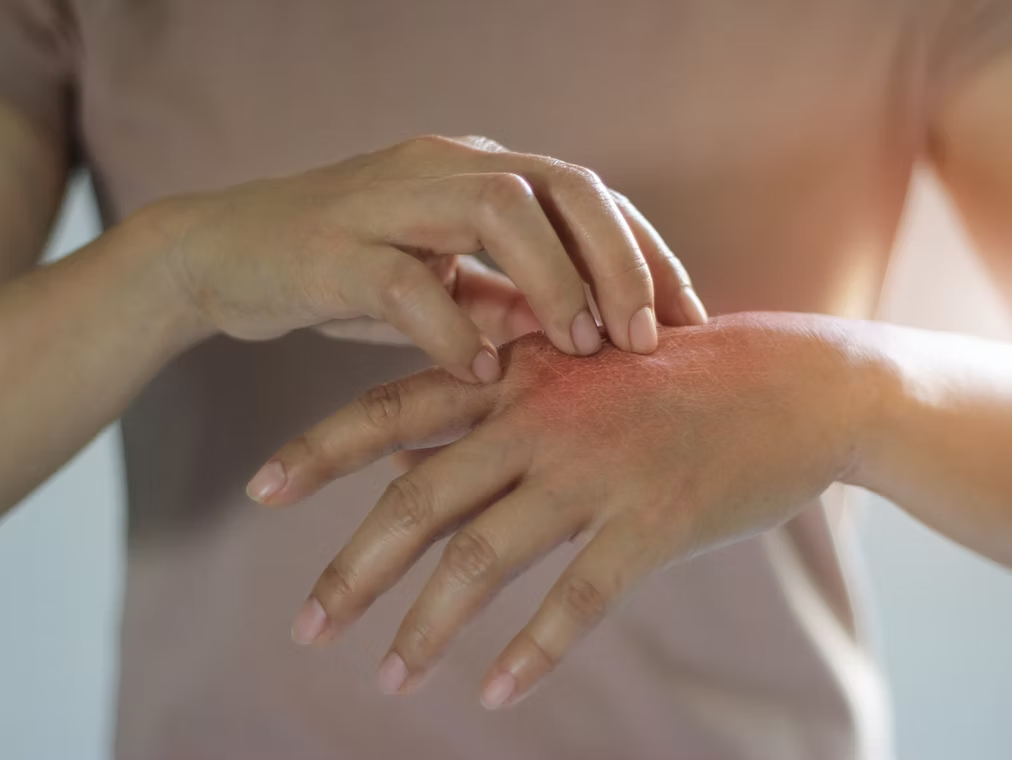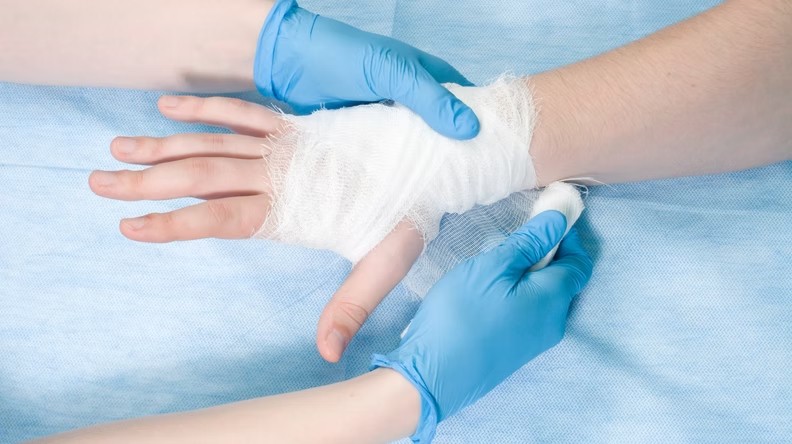1 in 8 men are diagnosed with prostate cancer within their lifetime. This is the most common form of cancer in men with more than 47,500 diagnosed each year within the UK.
Symptoms of prostate cancer are difficult to pinpoint until the cancer has grown to a size big enough to start interfering with how the bladder functions. These symptoms persist when the the tube which carries the urine is being pressed against. Once this occurs, it can create symptoms such as:
-
Struggling to begin urinating
-
Urinating frequently and urgently
-
A weak flow
-
Feeling of need to still urinate after you have already been to the toilet
-
Traces of blood in urine and/or semen
-
Painful ejaculation
Whilst there is no specific cause of prostate cancer, there are things that can increase the risk of developing it. Age is the biggest contributing factor, with most cases of prostate cancer developing from the ages of 50 and above. Genetics are another factor, if your father or a brother has previously suffered with prostate cancer then the chances of you developing this too are increased by a small percentage. Studies have also shown that obesity can increase the risk of developing prostate cancer.

Treatment may not always be needed depending on the severity of the case. If prostate cancer is identified but is not causing any symptoms, then treatment may not be required as a patient can live for decades if the nature of their case is evolving at an incredibly slow rate. This all comes down to various aspects such as the age and general health of the patient themselves. Treatment can create side effects such as erectile dysfunction and urinary issues, therefore this can be delayed where need be in order to consider the options available or not performed at all if there is no risk. It is important you discuss these options with your doctor as they can give you a clear insight of the steps available.
Prostate cancer is different on a case-by-case basis, but in some instances this can be life-threatening if the rate in which it is spreading is at an increased rate. This can be in the form of either surgery or radiotherapy. If the cancer isn’t diagnosed at an early stage and it has already begun to spread throughout the body, then there are chances it cannot be cured entirely. In these situations, surgery is still performed but with the intent of relieving the symptoms and creating the longest life span possible.
For more information, please visit the Prostate Cancer UK website: https://prostatecanceruk.org/

